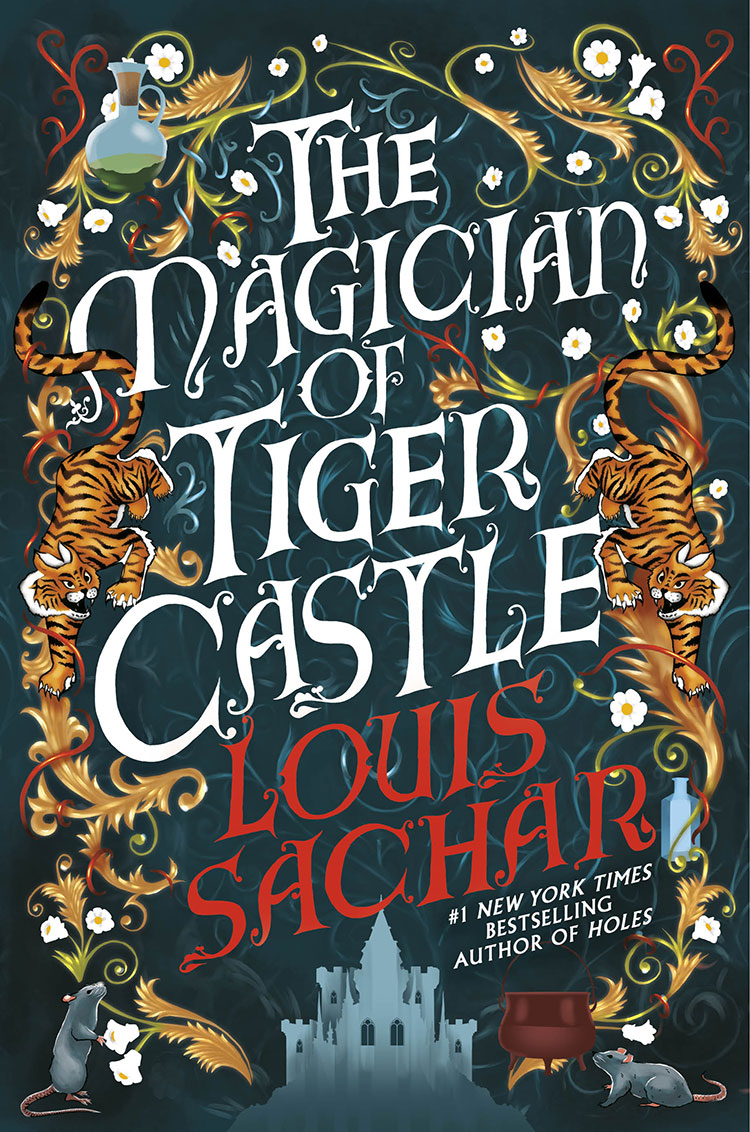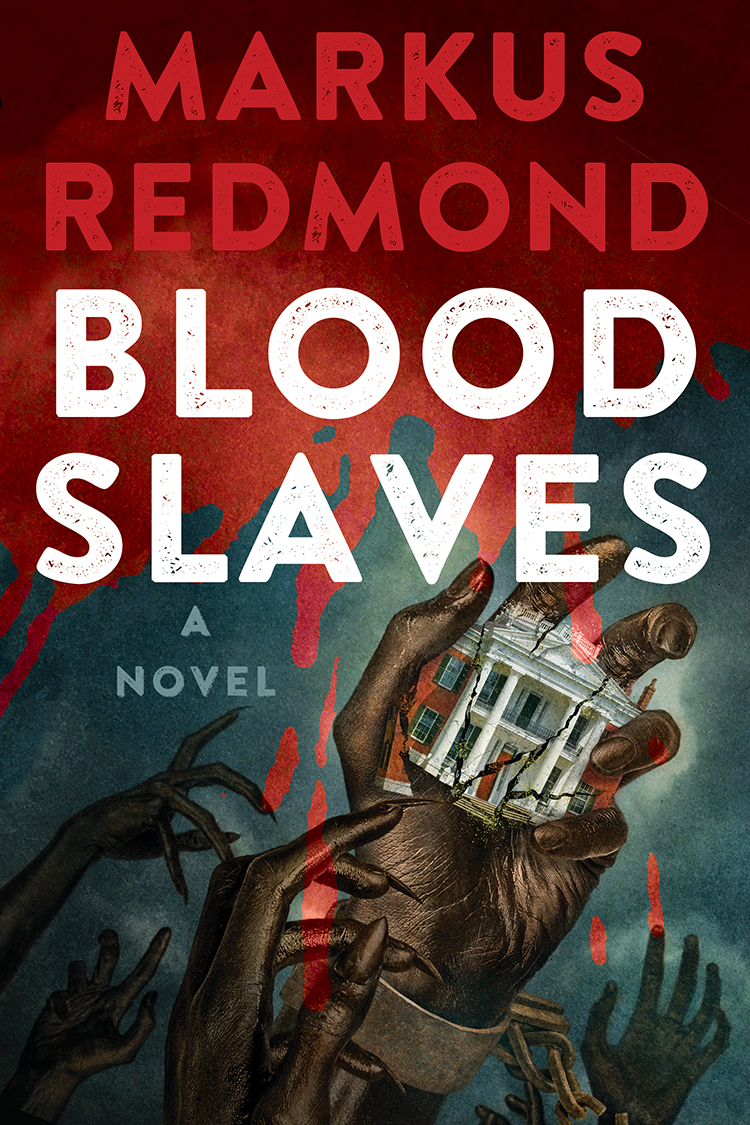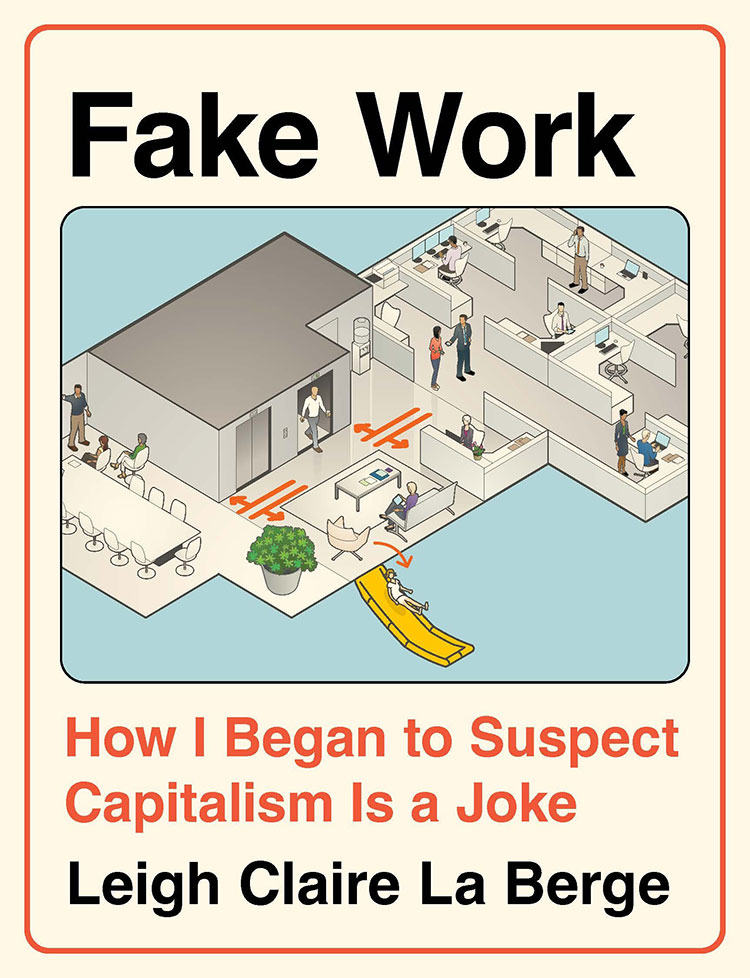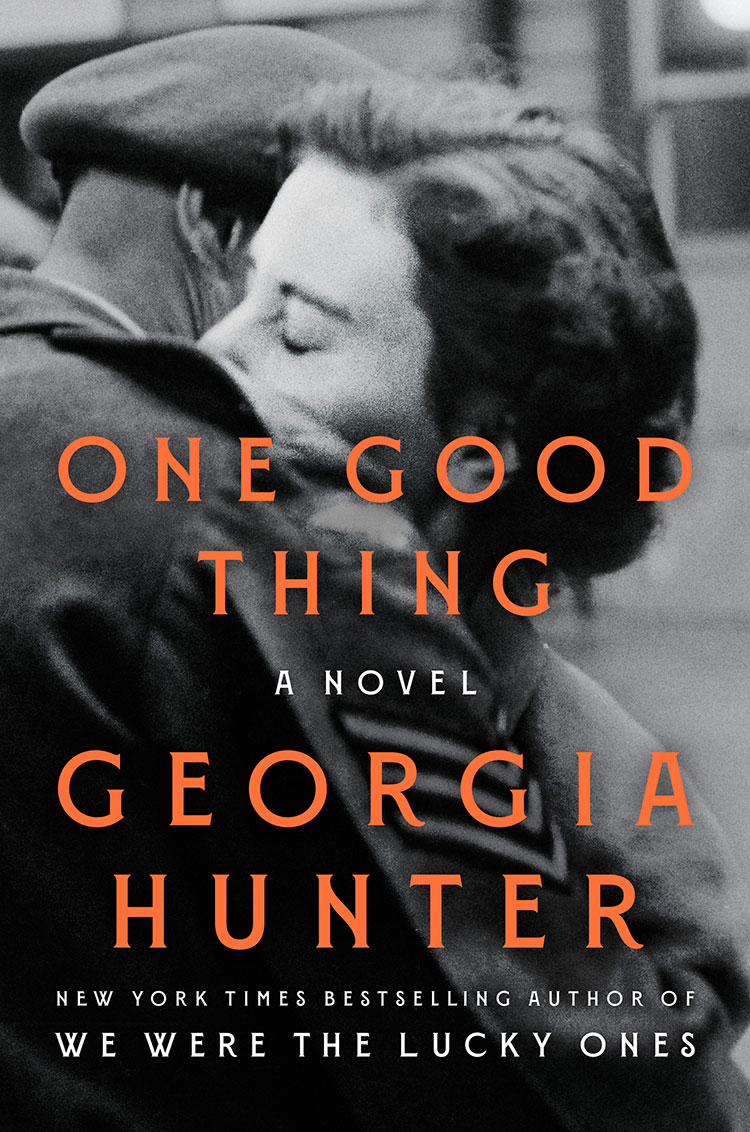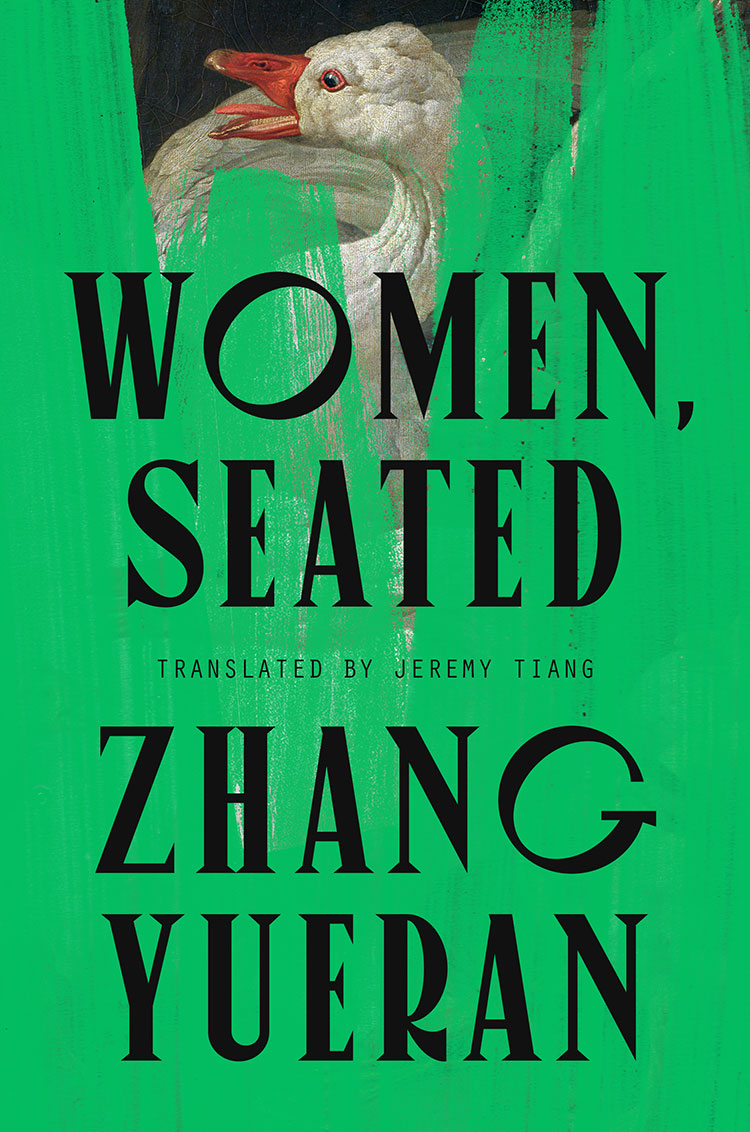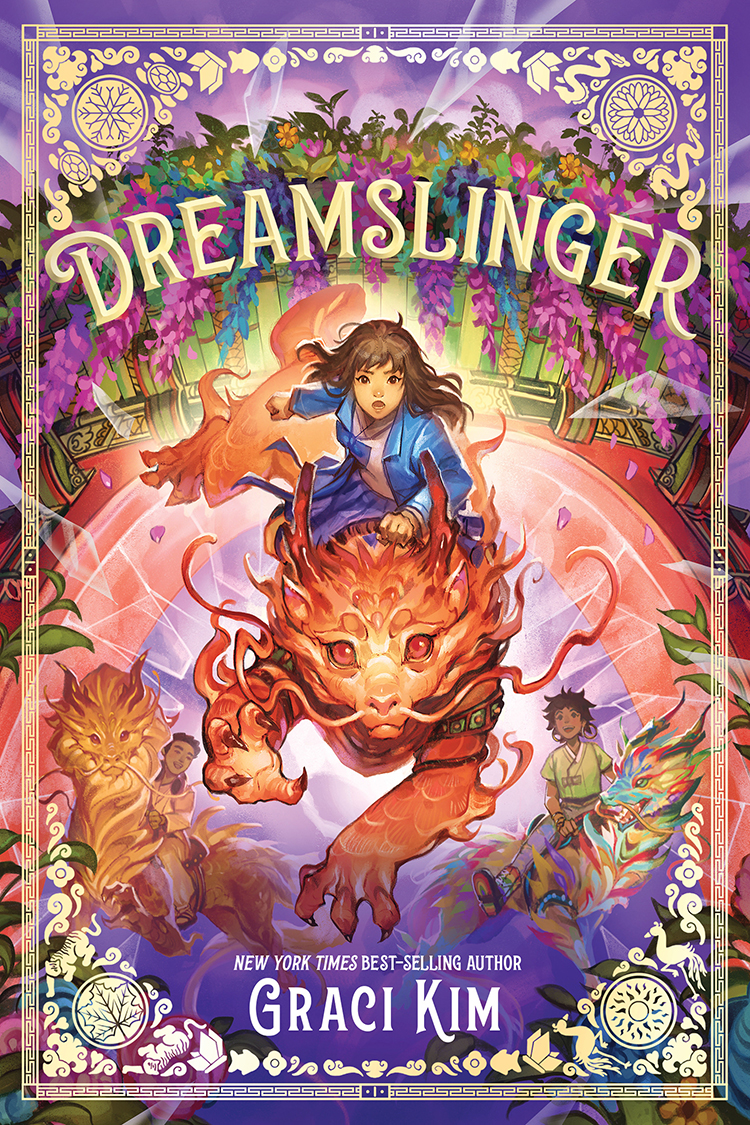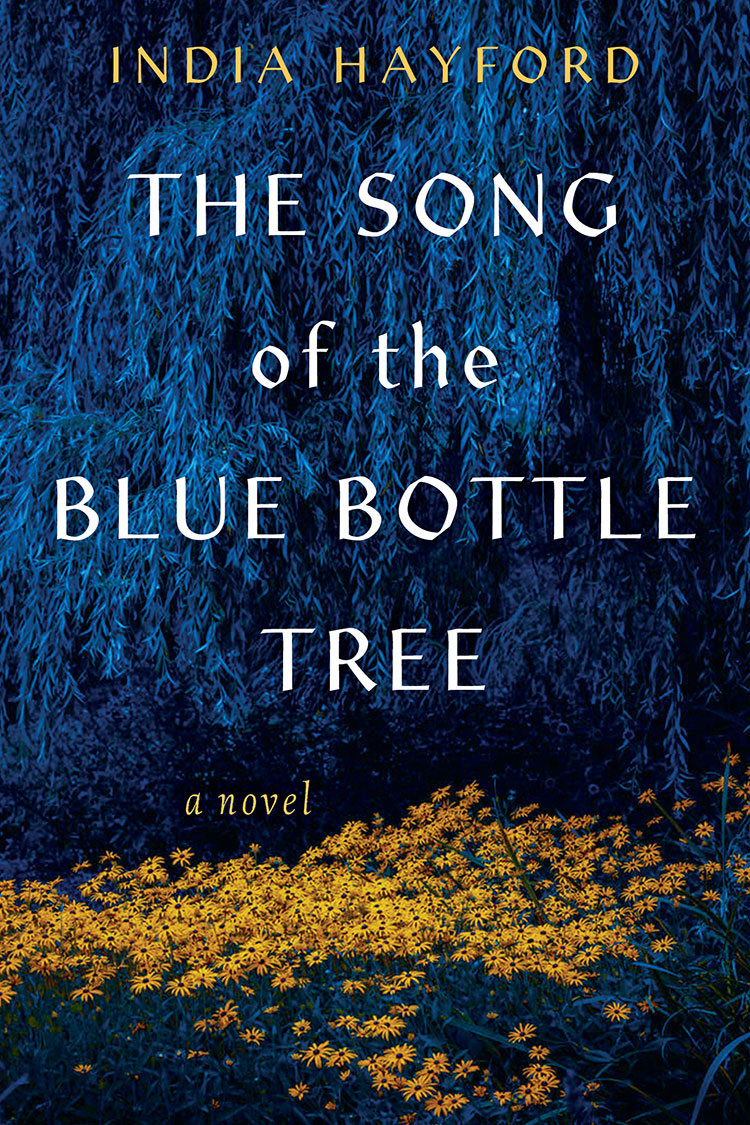A stunning and witty debut novel about a young woman’s emotional journey through unimaginable loss, pulled along by her tight-knit Nigerian family, a posse of new friends, and the love and laughter she shared with her husband. Onyi Nwabineli is a fresh new voice for fans of Yaa Gyasi, Queenie and I May Destroy You.
Archives
When We Were Bright and Beautiful
The acclaimed, bestselling author of This Could Hurt returns with her biggest, boldest novel yet—an electrifying, twisty, and deeply emotional family drama, set on Manhattan’s glittering Upper East Side, that explores the dark side of love, the limits of loyalty, and the high cost of truth.
You can have everything, and still not have enough. Cassie Quinn may only be twenty-three, but she knows a few things. One: money can’t buy happiness, but it’s certainly better to have it. Two: family matters most. Three: her younger brother Billy is not a rapist. When Billy, a junior at Princeton, is arrested for assaulting his ex-girlfriend, Cassie races home to Manhattan to join forces with her big brother Nate and their parents, Lawrence and Eleanor. The Quinns scramble to hire the best legal minds money can buy, but Billy fits the all-too-familiar sex-offender profile—white, athletic, and privileged—that makes headlines and sways juries. Meanwhile, Cassie struggles to understand why Billy’s ex Diana would go this far, even if the breakup was painful. And she knows how the end of first love can destroy someone: Her own years-long affair with a powerful, charismatic man left her shattered, and she’s only recently regained her footing. As reporters converge outside their Upper East Side landmark building, the Quinns gird themselves for a media-saturated trial, and Cassie vows she’ll do whatever it takes to save Billy. But what if that means exposing her own darkest secrets to the world? Lightning-paced and psychologically astute as it rockets toward an explosive ending, When We Were Bright and Beautiful is a dazzling novel that asks: who will pay the price when the truth is revealed?
The Wise Women
A witty and wildly enjoyable novel, set in New York City, about two adult daughters and their meddling advice columnist mother. Popular advice columnist Wendy Wise has been skillfully advising the women who write to her seeking help for four decades, so why are her own daughters’ lives such a mess? Clementine, the working mother of a six-year-old boy, has just discovered that she is actually renting the Queens home that she thought she owned, because her husband Steve secretly funneled their money into his flailing start-up. Meanwhile, her sister Barb has overextended herself at her architecture firm and reunited semi-unhappily with her cheating girlfriend.
When Steve goes MIA and Clementine receives an eviction notice, Wendy swoops in to save the day, even though her daughters, who are holding onto some resentments from childhood, haven’t asked for her help. But as soon as Wendy sets her sights on hunting down her rogue son-in-law, Barb and Clementine quickly discover that their mother has been hiding more than a few problems of her own. As the three women confront the disappointments and heartaches that have accumulated between them over the years, they discover that while the future may look entirely different from the one that they’ve expected, it may be even brighter than they’d hoped.
The Mosquito Bowl
An extraordinary, untold story of the Second World War in the vein of Unbroken and The Boys in the Boat, from the author of Friday Night Lights and Three Nights in August. When the Japanese attacked Pearl Harbor, college football was at the height of its popularity. As the nation geared up for total war, one branch of the service dominated the aspirations of college football stars: the United States Marine Corps. Which is why, on Christmas Eve of 1944, when the 4th and 29th Marine regiments found themselves in the middle of the Pacific Ocean training for what would be the bloodiest battle of the war —the invasion of Okinawa—their ranks included one of the greatest pools of football talent ever assembled: Former All Americans, captains from Wisconsin and Brown and Notre Dame, and nearly twenty men who were either drafted or would ultimately play in the NFL. When the trash-talking between the 4th and 29th over who had the better football team reached a fever pitch, it was decided: The two regiments would play each other in a football game as close to the real thing as you could get in the dirt and coral of Guadalcanal. The bruising and bloody game that followed became known as “The Mosquito Bowl.” Within a matter of months, fifteen of the 64 the players in “The Mosquito Bowl” would be killed at Okinawa, by far the largest number of American athletes ever to die in a single battle. The Mosquito Bowl is the story of these brave and beautiful young men, those who survived and those who did not. It is the story of the families and the landscape that shaped them. It is a story of a far more innocent time in both college athletics and the life of the country, and of the loss of that innocence. Writing with the style and rigor that won him a Pulitzer Prize and have made several of his books modern classics, Buzz Bissinger takes us from the playing fields of America’s campuses where boys played at being Marines, to the final time they were allowed to still be boys on that field of dirt and coral, to the darkest and deadliest days that followed at Okinawa.
The Stranger in the Lifeboat
What would happen if we called on God for help and God actually appeared? In Mitch Albom’s profound new novel of hope and faith, a group of shipwrecked passengers pull a strange man from the sea. He claims to be “the Lord.” And he says he can only save them if they all believe in him. Adrift in a raft after a deadly ship explosion, nine people struggle for survival at sea. Three days pass. Short on water, food and hope, they spot a man floating in the waves. They pull him in.
“Thank the Lord we found you,” a passenger says.
“I am the Lord,” the man whispers.
So begins Mitch Albom’s most beguiling and inspiring novel yet.
Albom has written of heaven in the celebrated number one bestsellers The Five People You Meet in Heaven and The First Phone Call from Heaven. Now, for the first time in his fiction, he ponders what we would do if, after crying out for divine help, God actually appeared before us? What might the Lord look, sound and act like?
In The Stranger in the Lifeboat, Albom keeps us guessing until the end: Is this strange and quiet man really who he claims to be? What actually happened to cause the explosion? Are the survivors already in heaven, or are they in hell?
The story is narrated by Benji, one of the passengers, who recounts the events in a notebook that is later discovered—a year later—when the empty life raft washes up on the island of Montserrat. It falls to the island’s chief inspector, Jarty LeFleur, a man battling his own demons, to solve the mystery of what really happened.
A fast-paced, compelling novel that makes you ponder your deepest beliefs, The Stranger in the Lifeboat suggests that answers to our prayers may be found where we least expect them.
Friends Like These
In this relentlessly twisty literary thriller from New York Times bestselling author Kimberly McCreight, a desperate intervention brings together a group of college friends 10 years after graduation—a reunion marked by lies, betrayal, and murder.
Everyone has those friends. Doesn’t matter how long it’s been, or how badly they’ve occasionally behaved, or how late it is when that call finally comes—you show up. No questions asked. Honestly, that’s how the five of us ended up here in the Catskills. We did have the best of intentions. Especially after what happened to Alice all those years ago, we can’t bear to think of losing anyone else. In fact, we’ll do anything to make sure that doesn’t happen. We’ll go so much farther than we ever thought we would. In the end, maybe that’s what caught up with us. That, and the fact that we’re such a complicated group—so much history and so many big personalities. Secrets, too, that can slip out at the most inopportune moments. Of course, we love each other despite all of those things. We love each other no matter what. There’s something so beautiful about that kind of unconditional love. It can turn ugly, though. Or maybe that’s just us. After all, we’ve already been through so much together. And we have so very much to hide.
Olga
Abandoned by her parents, Olga is raised by her grandmother in a Prussian village around the turn of the 20th century. Smart and precocious, endearing but uncompromising, she fights against the prejudices of the time to find her place in a world that sees women as second-best. When Olga falls in love with Herbert, a local aristocrat obsessed with gaining all the power, glory and greatness the modern age can provide, her life is irremediably changed. Their love goes against all odds and encounters many obstacles, entwined with the twisting paths of German history, leading us from the late 19th to the early 21st century, from Germany to Africa and the Arctic, from the Baltic Sea to the German south-west. Unfolding across centuries, Olga is an epic romance, and a wrenching tale of devotion to a restless man in a fateful moment of great rebellion. Though Olga lives her life within the margins of others, her magnetic presence breathes vivid life into these pages. Told in three distinct parts—which brilliantly shift from different points of view to the epistolary form—Schlink paints a full portrait of a singular woman’s complex life.
The Teller of Secrets
In this stunning debut novel—a tale of self-discovery and feminist awakening—a feisty Nigerian-Ghanaian girl growing up amid the political upheaval of late 1960s postcolonial Ghana begins to question the hypocrisy of her patriarchal society, and the restrictions and unrealistic expectations placed on women.
Chouette
An exhilarating, provocative novel of motherhood in extremis. Tiny is pregnant. Her husband is delighted. “You think this baby is going to be like you, but it’s not like you at all,” she warns him. “This baby is an owl-baby.” When Chouette is born small and broken-winged, Tiny works around the clock to meet her daughter’s needs. Left on her own to care for a child who seems more predatory bird than baby, Tiny vows to raise Chouette to be her authentic self. Even in those times when Chouette’s behaviors grow violent and strange, Tiny’s loving commitment to her daughter is unwavering. When she discovers that her husband is on an obsessive and increasingly dangerous quest to find a “cure” for their daughter, Tiny must decide whether Chouette should be raised to fit in or to be herself—and learn what it truly means to be a mother. Arresting, darkly funny, and unsettling, Chouette is a brilliant exploration of ambition, sacrifice, perceptions of ability, and the ferocity of motherly love.
The Taking of Jemima Boone
In his first work of narrative nonfiction, Matthew Pearl, bestselling author of acclaimed novel The Dante Club, explores the little-known true story of the kidnapping of legendary pioneer Daniel Boone’s daughter and the dramatic aftermath that rippled across the nation. On a quiet midsummer day in 1776, weeks after the signing of the Declaration of Independence, thirteen-year-old Jemima Boone and her friends Betsy and Fanny Callaway disappear near the Kentucky settlement of Boonesboro, the echoes of their faraway screams lingering on the air. A Cherokee-Shawnee raiding party has taken the girls as the latest salvo in the blood feud between American Indians and the colonial settlers who have decimated native lands and resources. Hanging Maw, the raiders’ leader, recognizes one of the captives as Jemima Boone, daughter of Kentucky’s most influential pioneers, and realizes she could be a valuable pawn in the battle to drive the colonists out of the contested Kentucky territory for good. With Daniel Boone and his posse in pursuit, Hanging Maw devises a plan that could ultimately bring greater peace both to the tribes and the colonists. But after the girls find clever ways to create a trail of clues, the raiding party is ambushed by Boone and the rescuers in a battle with reverberations that nobody could predict. As Matthew Pearl reveals, the exciting story of Jemima Boone’s kidnapping vividly illuminates the early days of America’s westward expansion, and the violent and tragic clashes across cultural lines that ensue. In this enthralling narrative in the tradition of Candice Millard and David Grann, Matthew Pearl unearths a forgotten and dramatic series of events from early in the Revolutionary War that opens a window into America’s transition from colony to nation, with the heavy moral costs incurred amid shocking new alliances and betrayals.






